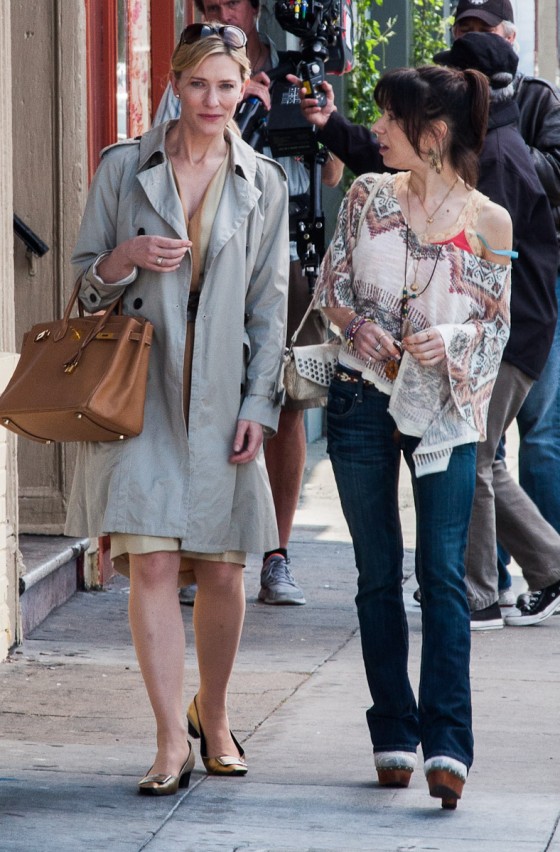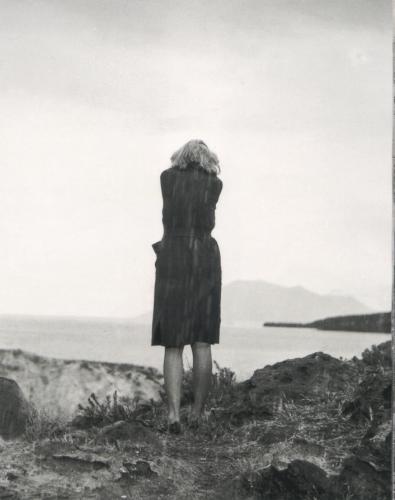 I would have been so happy to keep mum on the topic of Blue Jasmine. In the week of its release I was on vacation, confident that colleagues would cover all necessary ground without my two cents. (I’d already extensively documented my feelings about Allen’s work in the 2006 essay Hollow Wood.) But upon my return I discovered everyone falling over themselves like high school football players in high heels. Which begged the question: Were these glowing reviews of the same film I’d so blithely dismissed as Blue Jizz?
I would have been so happy to keep mum on the topic of Blue Jasmine. In the week of its release I was on vacation, confident that colleagues would cover all necessary ground without my two cents. (I’d already extensively documented my feelings about Allen’s work in the 2006 essay Hollow Wood.) But upon my return I discovered everyone falling over themselves like high school football players in high heels. Which begged the question: Were these glowing reviews of the same film I’d so blithely dismissed as Blue Jizz?
The premise itself, like too many of Allen’s post-Mia endeavors, is a meet-too-cute mashup: Call it A Streetcar Named Madoff. Cate Blanchett plays Jasmine née Jeanette, a New York socialite who’s fallen upon hard times since her charlatan of an investor husband (Alec Baldwin) left his family toe-up. After being forced to move to Brooklyn (Woody’s old-man slippers are showing), she lands upon the San Francisco stoop of her working-class sister Ginger (Sally Hawkins), whose marriage to Andrew Dice Clay ended when Jasmine’s husband swindled them out of their savings. Cue vodka-swilling, pill-popping, and smack-talking—especially when it comes to Ginger’s hotheaded beau Chili (Bobby Cannavale), who’d only be more aptly named if he actually were called Stanley.
That Blanchett actually played Blanche DuBois in a BAM production of A Streetcar Named Desire adds a curious wrinkle here. For though her characterization of Jasmine is slightly comic and slightly harrowing, mostly it is just slight—like the film itself. There’s a faintness at hand here, as if we were watching a facsimile of a facsimile. Continue Reading →


